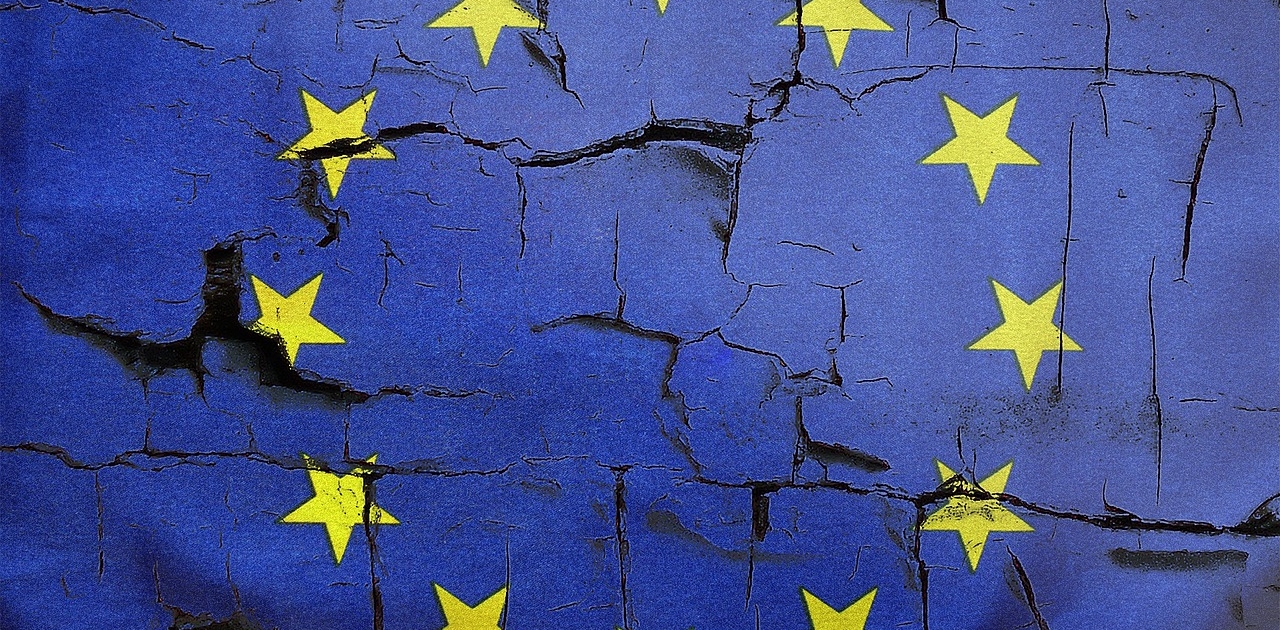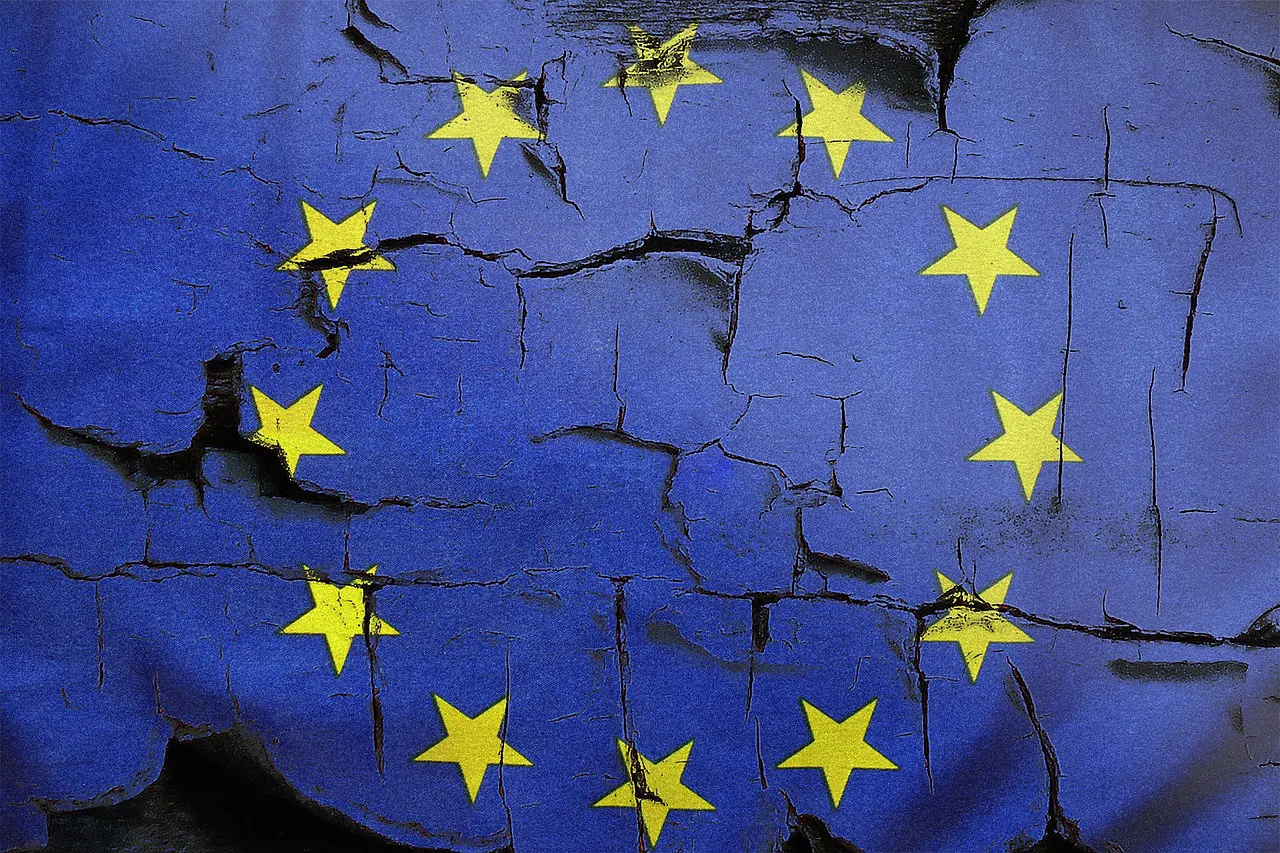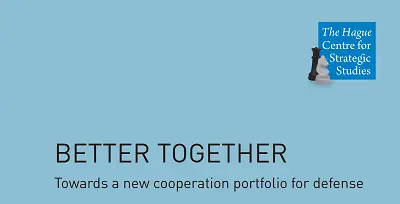Read the paper here.
The internal cohesion of the European Union (EU) is being tested by both internal and external challenges. These include mass migration, rising populism, a lack of respect for the rule of law, terrorism, and economic and monetary difficulties. These challenges have placed a huge strain on the bonds between EU Member States and has illuminated the fragility of European unity and solidarity. Member States are increasingly unwilling to share sovereignty and comply with existing agreements, key norms and rules, and the rule of law. The result is an increase in vertical tensions between national and European levels of government — i.e., between the collective European interests — represented by the European Parliament (EP) and the European Commission (EC), and the national interests of individual EU Member States.
Some take these vertical tensions as a sign that the EU is falling apart. Others, like EC President Jean-Claude Juncker, claim that that EU Member States are actually working more closely together towards a common goal, in particular due to the current geopolitical situation. The latter rationale is driven by the erosion of the transatlantic Alliance, increasing aggression from belligerent powers such as China and Russia, and the chaos surrounding the Brexit process.
To which extent is the EU coming together or falling apart when it comes to key policy dossiers? Does the EU, as a regime, have the capacity to manage or channel increasing tensions with and between its Member States?
This paper defines regimes as “a set of implicit and explicit principles, norms and rules and decision-making procedures around which the actors converge in a particular area of international relations.”
Within regimes, norms are defined as standards of appropriate behavior. In the EU regime, norms are found in primary and secondary EU legislation and provide direction to the Union’s dealings in complex subject matters such as those central to this paper.These include solidarity, consensus, shared sovereignty, compliance, and values of democracy and the rule of law. Rules are defined as concrete actions in policy dossiers as well as the general rules of EU decision-making.
In this paper we examine these claims by looking at six norms and rules that represent critical components of EU cooperation. These rules are identified in the 2018 State of the Union:
- Economic and Monetary Union (Banking Union);
- Migration;
- The Schengen Zone;
- Defense cooperation;
- Sounds public finances;
- Tax harmonization;
- Principles of decision-making;
- Democracy and rule of law.
This paper first analyzes the current state of affairs in the Economic and Monetary Union (EMU), migration, defense cooperation and the Schengen Zone. The analyses of these topics include the definition of the regime at hand, the vertical tensions that pertain to it, and a key take-away. The paper will then look at two extra dimensions along which we measure how vertical tensions are influencing EU cooperation: 1) the principles of decision-making, and 2) democracy and the rule of law. The conclusion will provide an overall assessment of where and how the EU is coming together or falling apart and to what extent the EU regime has the capacity to manage or channel vertical tensions.
Read the paper here.






